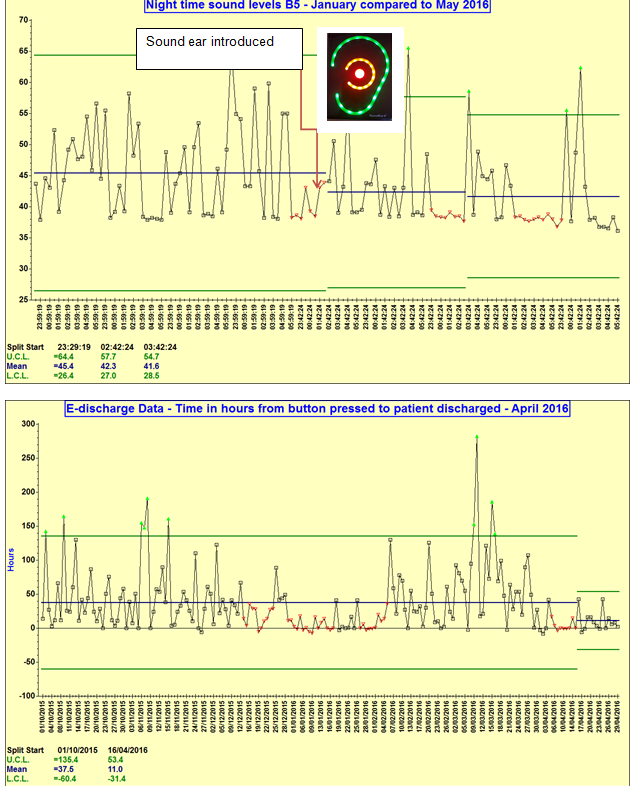 The Geriatric and Stroke Medicine (GSM) wards at Sheffield Teaching Hospitals include Brearley 5,6,7 and Robert Hadfield 5 and 6. They provide ongoing care for elderly patients with dementia and patients that have suffered a stroke. The GSM wards established a microsystem improvement team. This is a multidisciplinary team of staff, meeting on a weekly basis to improve the quality of care for patients. This microsystem was part of the year-long Microsystem Coaching Academy Ward Collaborative.
The Geriatric and Stroke Medicine (GSM) wards at Sheffield Teaching Hospitals include Brearley 5,6,7 and Robert Hadfield 5 and 6. They provide ongoing care for elderly patients with dementia and patients that have suffered a stroke. The GSM wards established a microsystem improvement team. This is a multidisciplinary team of staff, meeting on a weekly basis to improve the quality of care for patients. This microsystem was part of the year-long Microsystem Coaching Academy Ward Collaborative.Assessment and diagnosis The team started by doing an in depth 5P’s assessment. By considering the wards Purpose, Processes, Patients, Professionals and Patterns the team assessed the current state of the wards. The following themes were identified; E-discharge process, ward noise, case notes standardisation and board rounds. The Microsystem team established global and specific aims for each of these themes. This enabled the team to narrow their focus on each theme.
Treatment The team used a fishbone diagram to identify the reasons for e-discharge delays. E-discharge is used to essentially inform the GP about the patients medication and history when a patient leaves the hospital.
A new discharge checklist was introduced and reminders were also put up on the wards.
E-discharge compliance improved from 37 hours to 11 hours from decision to discharge to completion .
The team also used DeBono’s Six Thinking hats to look at improving board rounds. A new proforma was introduced to improve board rounds. This was tested and implemented.
The team worked together and the ward clerks stardardised patients medical and nursing notes across all the five wards. These are now in manageable folders.
 The team have also looked at noise on the wards. A quieter, more tranquil ward provides a more therapeutic environment for patients, staff and carers. They piloted the use of a sound ear 2 © device on one of the wards. These are visual warning ears that light up when the ward gets too noisy.
The team have also looked at noise on the wards. A quieter, more tranquil ward provides a more therapeutic environment for patients, staff and carers. They piloted the use of a sound ear 2 © device on one of the wards. These are visual warning ears that light up when the ward gets too noisy.This ‘plan do study act’ showed an improvement in noise levels, particularly at night. Average decibel levels went down from 50 to 47dB.
A successful charity bid has enabled the team to purchase three of these devices which have now been implemented on the wards.
The ward team is continuing to meet on a weekly basis and are currently looking at other improvement themes including referrals to Occupational Therapists and Physiotherapy.

